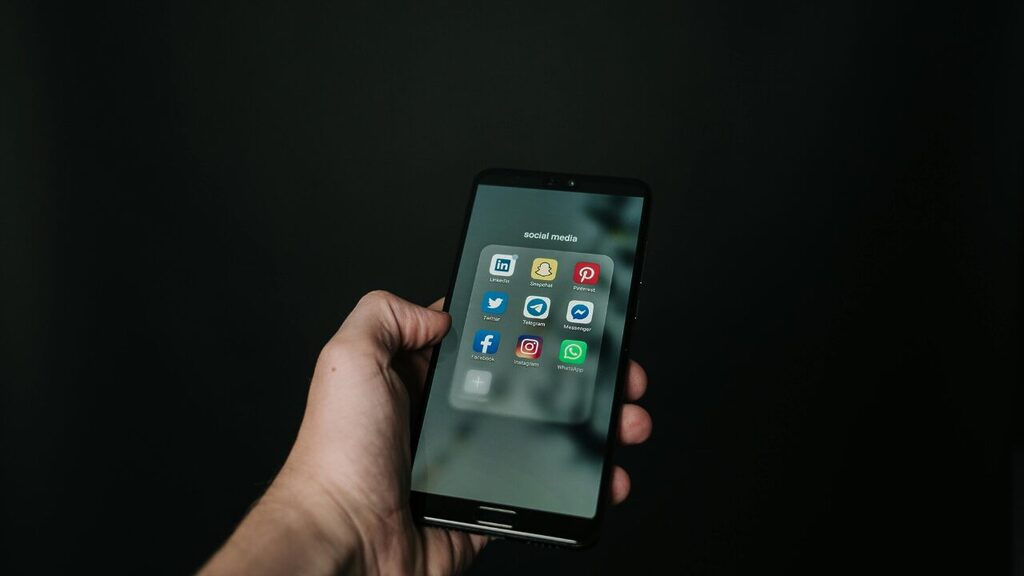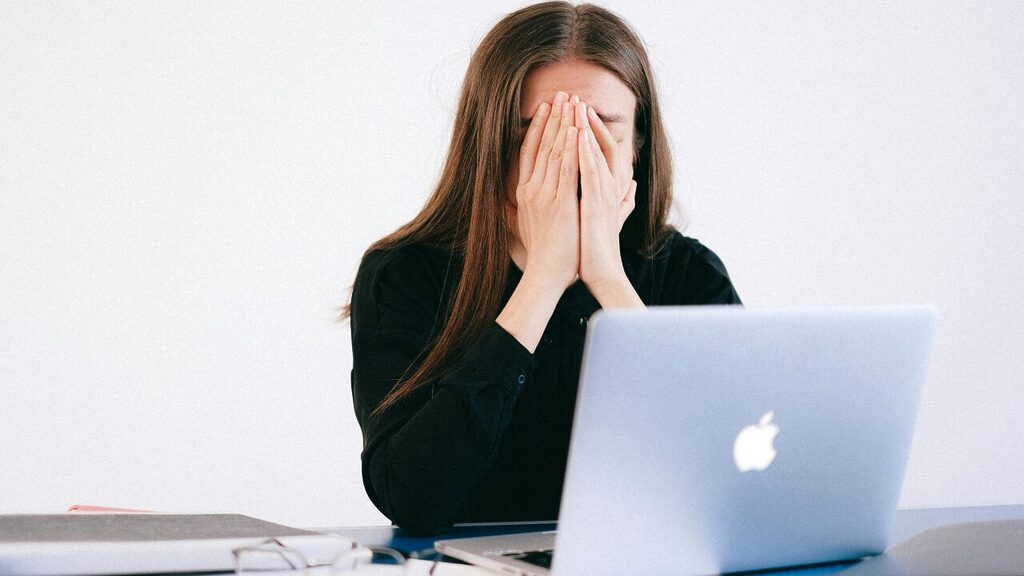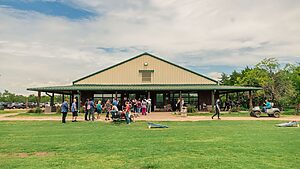Social media has become deeply woven into daily life for millions of people, but for those in addiction recovery, these platforms can present unexpected challenges and triggers that threaten sobriety. The constant stream of images, videos and posts celebrating drinking culture, party lifestyles and substance use can make recovery feel like an uphill battle against digital temptation.
Understanding how to navigate social media safely during recovery isn’t about avoiding technology entirely — it’s about creating healthy boundaries and curating online experiences that support rather than undermine recovery goals. The key lies in recognizing potential triggers before they become problematic and developing strategies to maintain sobriety while staying connected to positive online communities.
Many people in recovery find that their relationship with social media requires just as much attention and intentional management as their relationship with substances. The platforms that once facilitated social connections around drinking or drug use must be transformed into tools that support healthy living and recovery-focused relationships.

Common Digital Triggers in Recovery
Social media algorithms are designed to keep users engaged by showing them content similar to what they’ve previously viewed or interacted with. For people in recovery, this means platforms might continue showing alcohol advertisements, party photos and substance-related content based on past online behavior.
Images of drinking or drug use can trigger powerful cravings and memories of past substance use. These triggers often catch people off guard, especially during vulnerable moments when defenses are down. A simple scroll through a news feed can suddenly present images of alcohol, parties or drug paraphernalia that immediately shift someone’s mental state.
The comparison trap represents another significant trigger on social media. Seeing others seemingly having fun while drinking or using substances can create feelings of deprivation or missing out. These feelings can be particularly intense for people in early recovery who are still adjusting to sober social activities.
Social pressure through social media can feel just as real as face-to-face interactions. Comments on posts, direct messages encouraging substance use or invitations to events where drinking is central can create stress and pressure that challenges recovery resolve.
How Algorithms Work Against Recovery
Social media platforms use sophisticated algorithms to predict what content will keep users engaged. These systems often struggle to understand recovery and may continue serving triggering content long after someone has stopped using substances.
Advertising algorithms can be particularly problematic, as they often target users based on past behavior or demographic information. Someone who previously searched for alcohol or drug-related content might continue receiving advertisements for these substances months into recovery.
The “suggested friends” feature can reconnect people with individuals from their past who were associated with substance use. These suggestions might bring back memories of drug dealers, drinking partners or toxic relationships that are better left in the past.
Location-based features can trigger memories by showing photos or posts from places where someone previously used substances. Seeing content from bars, clubs or other locations associated with past substance use can create unexpected emotional responses.
Creating Recovery-Supportive Online Environments
Taking control of social media feeds requires active curation and ongoing maintenance. This starts with unfollowing accounts that regularly post substance-related content, even if these accounts belong to friends or family members. Recovery takes priority over maintaining digital connections that threaten sobriety.
Following recovery-focused accounts, sober influencers and addiction treatment organizations can help fill feeds with positive, supportive content. Many people in recovery share their journeys online, providing inspiration and practical advice for others facing similar challenges.
Adjusting privacy settings helps control who can contact you and what content appears in your feeds. Limiting friend requests, restricting message access and controlling who can tag you in posts creates boundaries that protect your recovery space.
Using keyword filters and content blocking features can prevent triggering content from appearing in feeds. Most platforms allow users to block specific words, phrases or types of content that they don’t want to see.
Building Healthy Online Recovery Communities
Social media can become a powerful tool for recovery when used intentionally to build supportive communities. Many people find strength and encouragement through online recovery groups, sober living communities and virtual support meetings.
Recovery-focused social media groups provide safe spaces to share struggles, celebrate milestones and ask for advice from others who understand the challenges of sobriety. These communities often become crucial sources of support, especially for people in areas with limited local recovery resources.
Sharing your own recovery journey online can help others while reinforcing your own commitment to sobriety. Many people find that publicly documenting their recovery creates accountability and motivation to maintain their progress.
Connecting with people who share interests beyond recovery helps build a well-rounded online social network. Joining groups focused on hobbies, fitness, career development or other interests creates positive social connections that don’t revolve around substance use.
Managing FOMO and Social Comparison
Fear of missing out (FOMO) can be particularly intense on social media, where curated highlights from other people’s lives create unrealistic standards for happiness and fun. People in recovery might feel like they’re missing out on exciting experiences when they see party photos and celebration posts.
Remember that social media presents edited versions of reality. The photos showing people having fun while drinking don’t capture the hangovers, regrets, arguments or other negative consequences that often follow these events.
Practicing gratitude for your recovery progress can help counter feelings of deprivation or missing out. Focusing on the positive changes in your life since becoming sober provides perspective when social media triggers feelings of envy or regret.
Limiting social media use during vulnerable times can prevent FOMO from escalating into cravings or depression. This might mean avoiding social media on weekends when party content is most prevalent or during difficult emotional periods when comparison is most harmful.
Setting Healthy Digital Boundaries
Establishing specific times and limits for social media use helps prevent mindless scrolling that might lead to exposure to triggering content. Many people benefit from checking social media only at designated times rather than throughout the day.
Creating phone-free zones and times supports both recovery and overall mental health. This might include keeping phones out of bedrooms, avoiding social media first thing in the morning or implementing digital detox periods.
Using apps that track and limit social media usage can provide awareness of how much time you’re spending online and help identify patterns that might be problematic for your recovery.
Consider temporarily deactivating accounts if social media becomes overwhelming or triggering. Taking breaks from social media allows time to focus on real-world recovery activities and relationships.
Using Technology to Support Recovery Goals
Recovery apps can complement social media use by providing tools for tracking sobriety, accessing support resources and connecting with recovery communities. Many people find these apps helpful for maintaining motivation and accountability.
Meditation and mindfulness apps can provide healthy alternatives to social media scrolling, especially during times when you’re tempted to engage with triggering content. These tools offer productive ways to spend time that support mental health and recovery.
Online therapy and counseling platforms extend professional support beyond traditional office visits. These services can provide additional resources for managing social media challenges and other recovery obstacles.
Making Social Media Work for Recovery
Social media doesn’t have to be eliminated entirely from your life to maintain successful recovery. With thoughtful management and intentional use, these platforms can become valuable tools for building recovery communities, finding inspiration and staying connected to supportive relationships.
The key is approaching social media use with the same intentionality and planning that supports other aspects of recovery. Just as you might avoid certain physical locations or social situations that threaten your sobriety, managing your digital environment requires ongoing attention and adjustment.
If you’re struggling to manage social media triggers or need support developing healthy digital boundaries during recovery, professional guidance can help you navigate these modern challenges while maintaining your sobriety. Texas Recovery Centers, located at 6950 Shady Ln, Scurry, TX 75158, offers comprehensive addiction treatment that addresses all aspects of recovery, including the practical skills needed to thrive in today’s digital world. Call 888-354-2194 today to speak with our experienced team about building a recovery plan that includes healthy technology use and strong digital boundaries.













